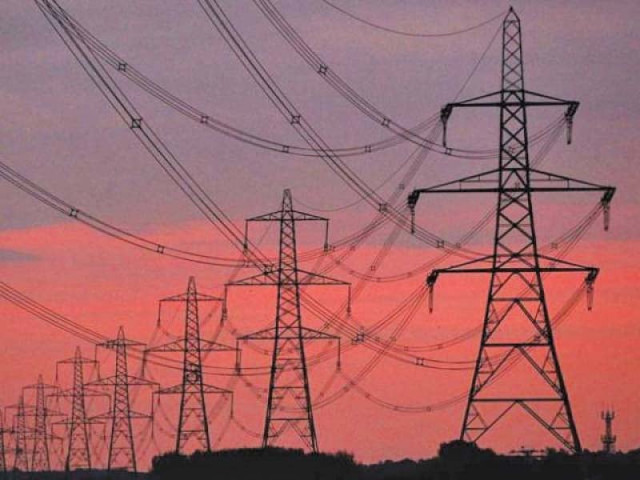Grant of $300m contingent on keeping NEPRA’s powers
Donor agencies may withhold funds if regulator are tampered with, says official

NEPRA Act 1997 has entrusted three core functions to the authority which include licensing, setting tariff and proposing rules. PHOTO: FILE
According to an official, donor agencies, which include the Asian Development Bank, International Monetary Fund and Japan International Cooperation Agency, are to give the grant before the current fiscal year ends on June 30. However, for that to happen, Nepra’s powers need to be kept intact.
“The agencies have categorically said they will withhold the grant if the government incorporates the proposed amendments in NEPRA Act 1997 which suggests clipping the regulator’s powers to issue energy generation, transmission and distribution licences and determine tariffs,” said the official.
Earlier, in a joint letter to the Ministry of Water and Power, the donors said it was imperative to retain and not dilute the independent mandate of the regulator for all tariff matters.
“Although improvements can be made in the implementation of the NEPRA Act, the independent regulator has been one of the strengths of the Pakistani power sector in attracting investors including ourselves,” the letter read.
The NEPRA Act 1997 has empowered three core functions to the authority which includes licensing, setting tariff and proposing rules.
Meanwhile, the official added that the proposed amendment has either taken away completely these functions and powers or made the regulator’s function subject to federal government’s policies, guidelines or directives.
The amendments would provide the government with the power to levy surcharges over and above the tariffs determined by Nepra to be charged to consumers.
“International donors believe that this could be used to further burden consumers and the public for the purposes of financing inefficiencies and political endeavours of the government, such as financing politically motivated projects or the circular debt,” said the source.
Published in The Express Tribune, May 14th, 2017.
Like Business on Facebook, follow @TribuneBiz on Twitter to stay informed and join in the conversation.



















COMMENTS
Comments are moderated and generally will be posted if they are on-topic and not abusive.
For more information, please see our Comments FAQ